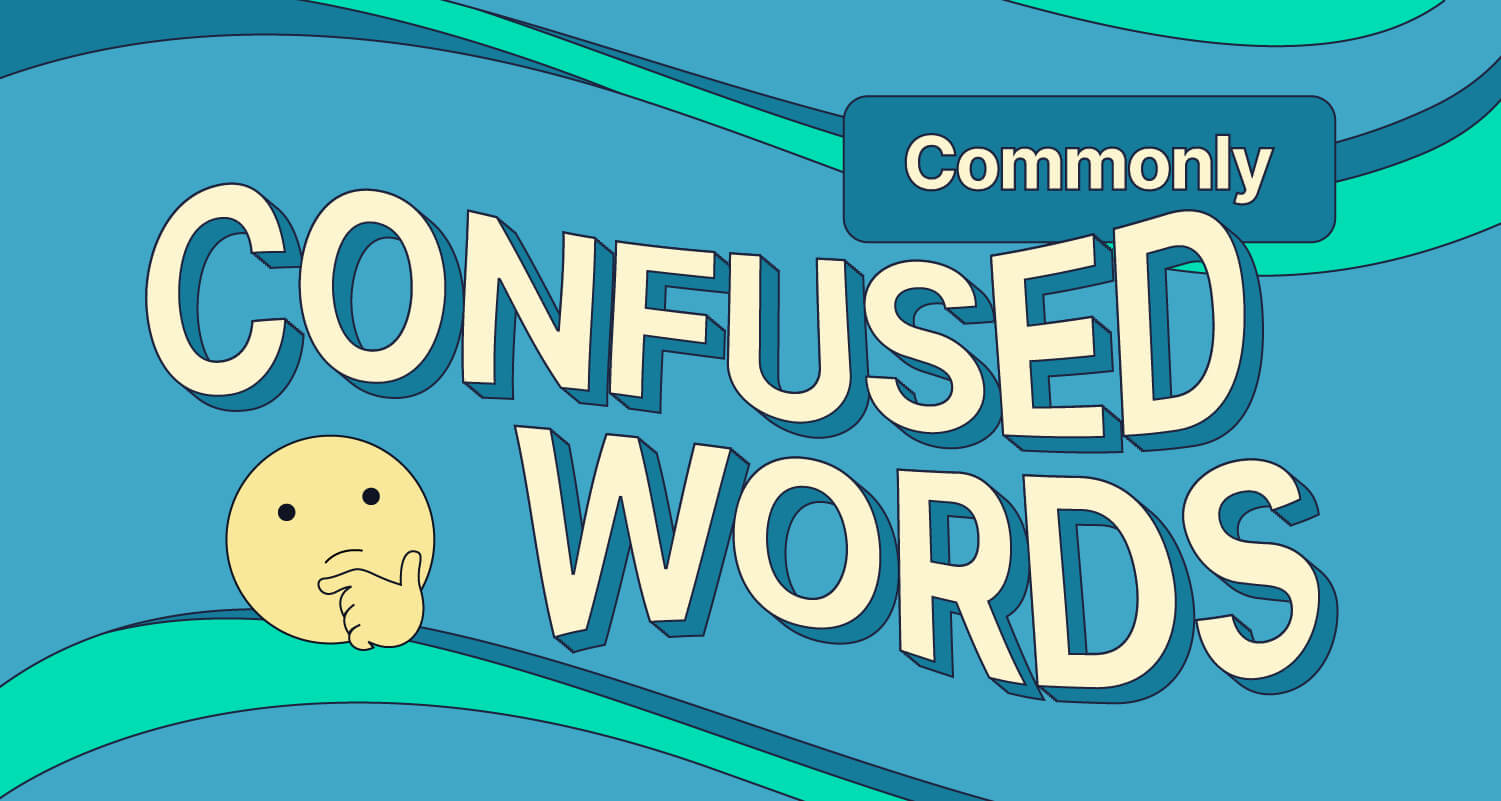

Gabriel is from Brighton in the UK and has taught English in England, Russia, Turkey and Bulgaria. He is an online English teacher for which provides Skype English lessons with high-quality teachers. It's an effective way to increase their viewing audience.This is a guest post by Gabriel Clark.
#Common 2 word phrases wth and movie#
Movie and television producers often use double entendres to both entertain kids (who do not get the second, sexual or tawdry reference) and parents (who do get the second reference). The first, literal meaning of the song is innocent, but the second meaning can have a more sexual interpretation. " Brand New Key (The Rollerskate Song)" by Melanie describes a girl with brand new rollerskates looking for a boy with a key.In Finding Nemo, the characters are told "Ok, everyone, think dirty thoughts!" They're referring to thoughts that will literally dirty the tank, but adult viewers know that "dirty thoughts" can also refer to indecent thoughts.Kent Brockman says "Thanks, Mayor Simpson! From now on, we'll all be taking golden showers," referring to the colloquial term for urinating.


"Tis no less, I tell you for the bawdy hand of the dial is now upon the prick of noon." - Mercutio in Shakespeare's Romeo and Juliet (referring to the hand of a clock and indicating a hand on one's genitalia)."And prively he caughte hire by the queynte, / And seyde, 'Ywis, but if ich have my wille, / For deerne love of thee, lemman, I spille.'" - Nicholas in "The Miller's Tale" in Chaucer's The Canterbury Tales ( queynte refers to both "a pleasing thing" and female genitalia).Examples of literary double entendres include: Classical and modern writers use double entendres to establish sexual innuendo and humor in their plays or books. One of the earliest known examples of a double entendre found in literature dates back to Geoffrey Chaucer in the 14th century. However, a difference between double entendres and Freudian slips is that Freudian slips are outright errors, while double entendres are simply phrases with two different meanings. Some may call these comments "Freudian slips," which are errors that supposedly reveal one's subconscious thoughts or feelings. Uh oh, I've got a soggy bottom! (said by a baker whose cake is moist on the bottom, other meaning refers to a person's bum).(said about a person carrying a large box, other meaning refers to male genitalia) (said about a person who plays the organ in church, other meaning refers to male genitalia) I'd love to see your melons! (said to a produce grocer, other meaning references a woman's breasts).You look really hot! (said to someone who is sweating, other meaning is being really attractive).Examples of conversational double entendres include: Double entendres can be funny or inappropriate depending on what the speaker is trying to say.


 0 kommentar(er)
0 kommentar(er)
